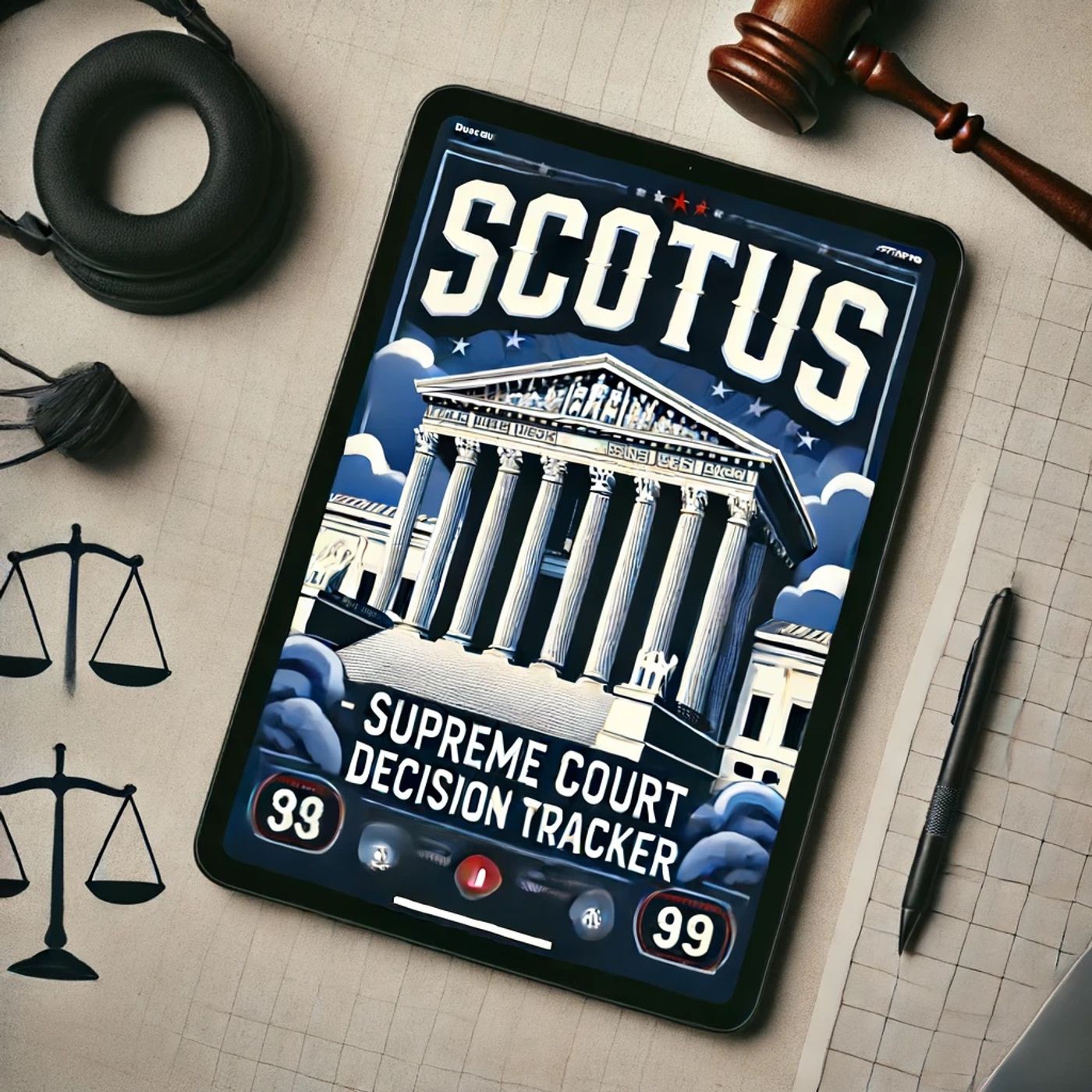Podcast Episode Details
Back to Podcast Episodes
Landmark Supreme Court Tariff Case Sparks Debate on Presidential Powers
Listeners, here’s the latest from the US Supreme Court over the past few days. The Court is in the midst of its November sitting and just held oral arguments in what’s shaping up to be a landmark case about presidential tariffs. This dispute, known as the “Tariff Cases,” asks whether the International Emergency Economic Powers Act gives the president authority to impose sweeping tariffs, and whether such delegation of power from Congress is constitutional. Justice Roberts and Barrett asked tough questions of both sides, signaling uncertainty, while Justice Gorsuch raised concerns about separation of powers. Justice Kavanaugh appeared more supportive of the administration’s position, while Justices Sotomayor, Kagan, and Jackson expressed skepticism. Since lower courts previously ruled these tariffs invalid, there’s high anticipation as a decision—possibly expedited—could have major repercussions for global trade and may even trigger the refund of as much as 90 billion dollars already collected, according to ABC News.
Meanwhile, the justices handed the Trump administration a significant win by halting, at least temporarily, lower court orders that would have required the State Department to issue passports to transgender and nonbinary individuals reflecting their sex designation of choice. In an unsigned opinion, the majority said listing an individual's sex at birth is a historical fact and not an equal protection violation.
As November’s term continues, there are several high-profile petitions under the Court’s consideration. One of the most prominent is from Kim Davis, the former Kentucky clerk jailed in 2015 for refusing, on religious grounds, to issue marriage licenses to same-sex couples. Her petition directly asks the Court to overturn Obergefell v. Hodges, the decision that established marriage rights for same-sex couples. Advocacy groups and state legislatures in at least nine states have issued calls to revisit the precedent, while new rules in Texas now allow judges to refuse to perform same-sex wedding ceremonies if contrary to their religious beliefs.
Other major questions before the justices include whether federal law bars gun purchases for adults under 21, and whether people fired over religious objections to COVID-19 vaccines may sue for damages even though relevant mandates have been repealed. Immigration policy is also on the docket, as the Court considers when someone seeking asylum officially “arrives” in the US and gains the right to apply.
Also making headlines in oral arguments this week is Rico v. United States, focused on whether escaping probation supervision counts against the term of supervised release. The Court heard another case on the boundaries of challenging potentially void judgments under federal court procedure.
Listeners, thank you for tuning in. Don’t forget to subscribe for more coverage of the Supreme Court. This has been a quiet please production, for more check out quiet please dot ai.
For more http://www.quietplease.ai
Get the best deals https://amzn.to/3ODvOta
This content was created in partnership and with the help of Artificial Intelligence AI
Published on 1 month, 3 weeks ago